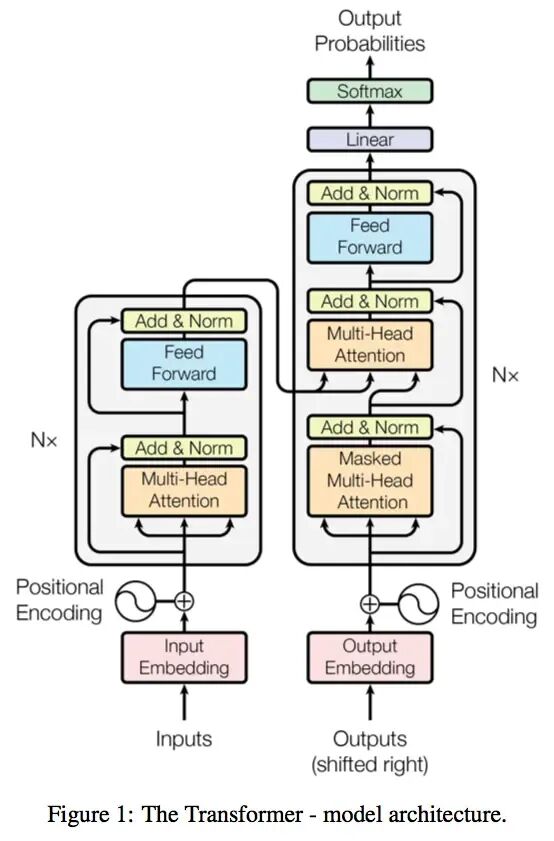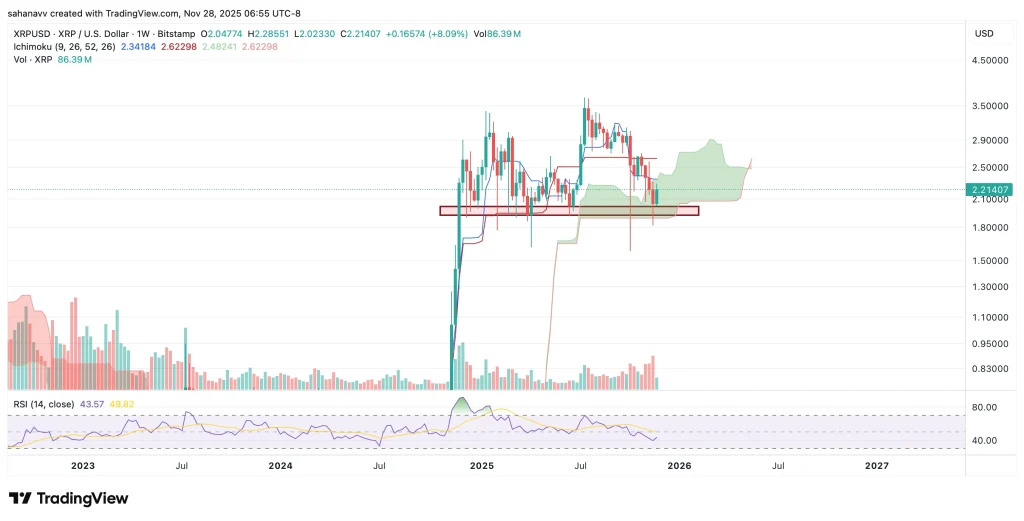A Court Challenges Trump's Tariff Power, Raising Trade's Legal Future
- U.S. court rules Trump’s tariffs via IEEPA unconstitutional, challenging executive power scope. - Tariffs remain until mid-October; Supreme Court appeal could invalidate them retroactively. - Ruling complicates trade negotiations, raises uncertainty for businesses and global trade stability. - Steel/aluminum tariffs unaffected; Congress may reform laws to clarify executive authority limits. - USTR reaffirms trade goals but outcome will shape future negotiations and legal frameworks.
U.S. Trade Representative Katherine Tai has emphasized that the administration will continue to advance trade negotiations despite a recent judicial ruling that most of Donald Trump’s global tariffs are unconstitutional. The U.S. Court of Appeals for the Federal Circuit ruled that Trump overstepped his authority by invoking the International Emergency Economic Powers Act (IEEPA) to justify broad tariffs on imports from nearly every trading partner. The decision reaffirmed a prior ruling from the U.S. Court of International Trade and could force a reevaluation of Trump’s trade strategy.
The 7-4 appeals court decision concluded that the IEEPA does not provide the executive branch with the authority to impose tariffs or taxes. The ruling cited that the act grants the president significant emergency powers but stops short of allowing tariffs, which are traditionally a legislative function under the Constitution. This has raised legal questions about the scope of presidential power in economic and trade policy and could serve as a precedent for future administrations seeking to impose similar measures.
The court has allowed the tariffs to remain in place until mid-October, during which time the administration may appeal to the U.S. Supreme Court. If the Supreme Court affirms the decision, the tariffs could be invalidated retroactively. This would have far-reaching implications, particularly for global trade negotiations and the potential need to refund billions of dollars in collected import taxes. Additionally, it could create uncertainty for businesses reliant on cross-border trade, with ripple effects across the U.S. and international economies.
While the ruling primarily affects the “reciprocal” tariffs on imports from countries such as China, Canada, and Mexico, it does not impact tariffs on steel, aluminum, and copper, which were enacted under different legal frameworks. These tariffs are expected to remain in effect regardless of the outcome of the ongoing legal proceedings. The ruling does not affect existing bilateral trade agreements, but experts have noted that the decision could complicate ongoing and future negotiations, particularly with countries concerned about the stability of U.S. trade policies.
U.S. Trade Representative Tai has not publicly commented in detail on the court’s ruling, but she has reiterated the administration’s commitment to maintaining open and fair trade practices. Tai’s office has emphasized that trade negotiations will proceed as planned, focusing on strengthening supply chains, addressing non-tariff barriers, and promoting equitable trade relations. The outcome of the Supreme Court appeal, however, will likely influence the broader context in which these negotiations take place.
The ruling marks a significant legal challenge to the use of emergency powers in trade policy and may prompt Congress to consider legislative reforms to clarify the boundaries of executive authority. In the meantime, businesses and international trade partners are monitoring the situation closely, as the final decision could reshape the global trade landscape and redefine the legal framework for future administrations.
Source:

Disclaimer: The content of this article solely reflects the author's opinion and does not represent the platform in any capacity. This article is not intended to serve as a reference for making investment decisions.
You may also like
No wonder Buffett finally bet on Google
Google holds the entire chain in its own hands. It does not rely on Nvidia and possesses efficient, low-cost computational sovereignty.

HYPE Price Prediction December 2025: Can Hyperliquid Absorb Its Largest Supply Shock?

XRP Price Stuck Below Key Resistance, While Hidden Bullish Structure Hints at a Move To $3

Bitcoin Price Prediction: Recovery Targets $92K–$101K as Market Stabilizes